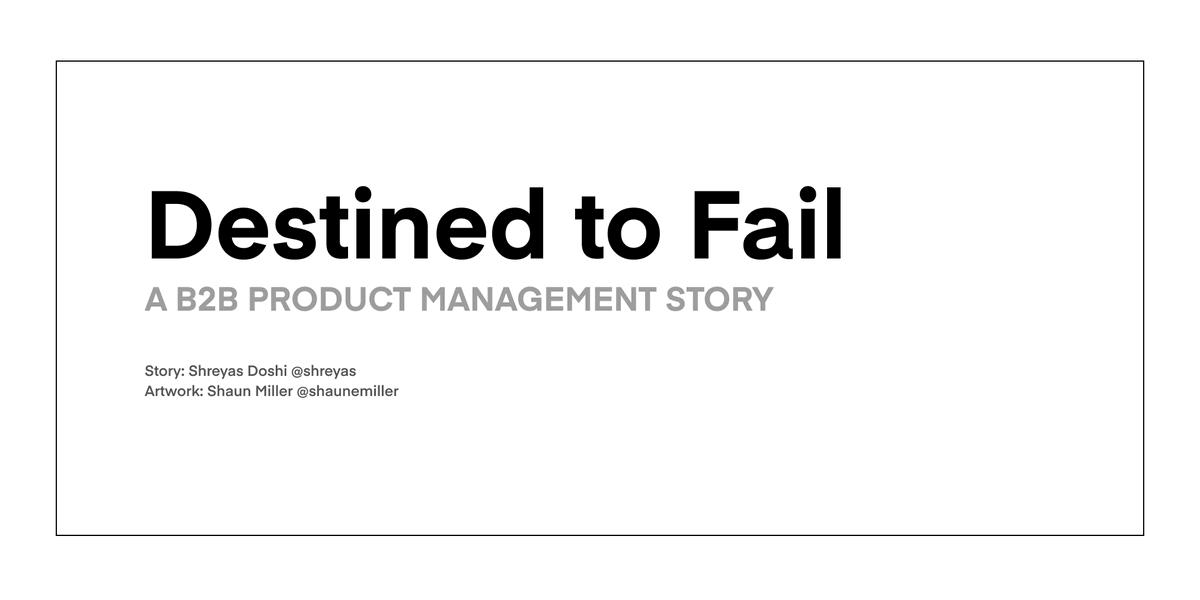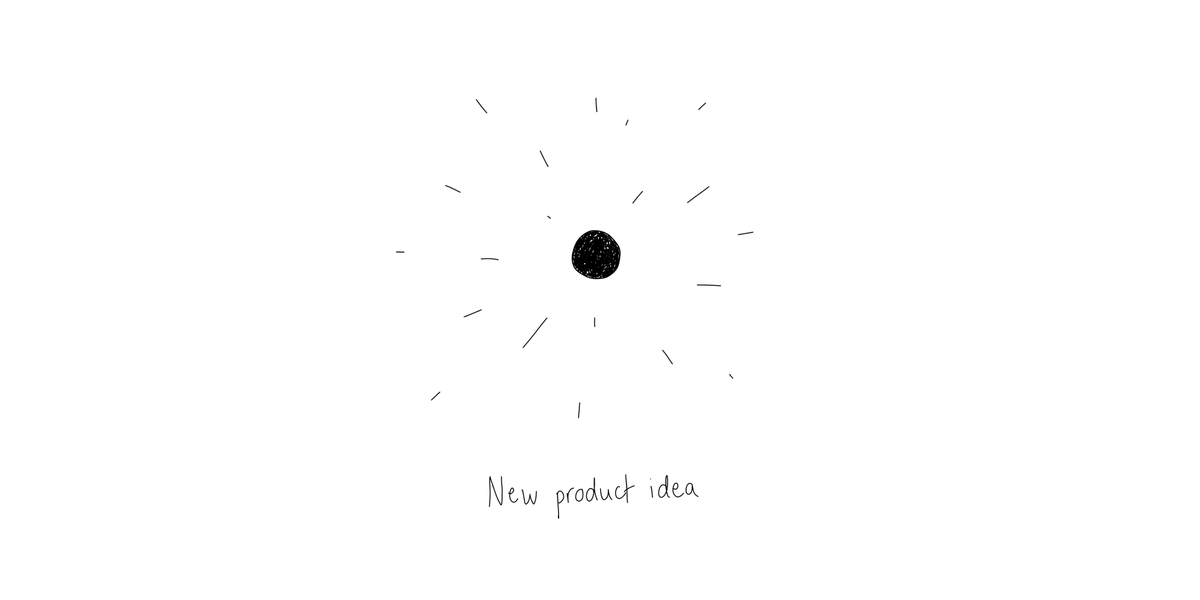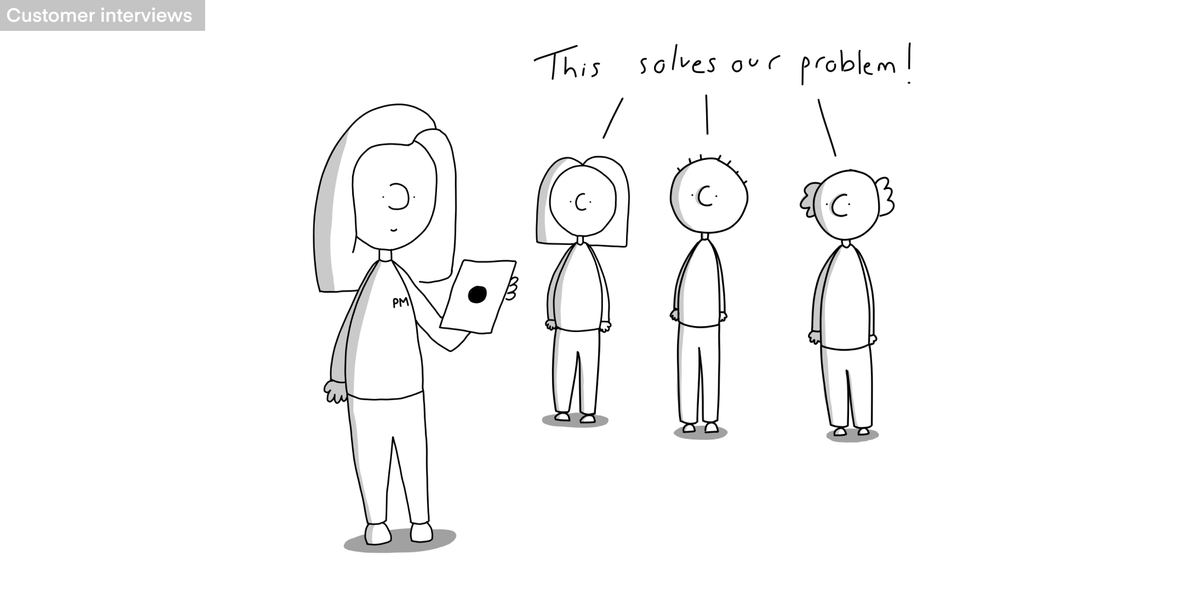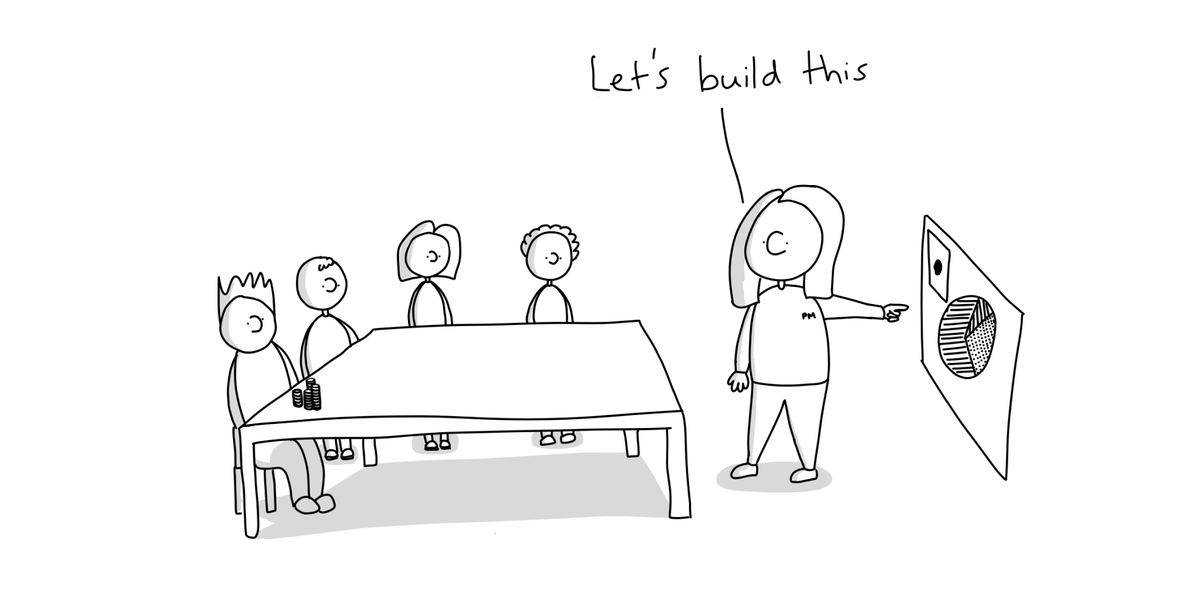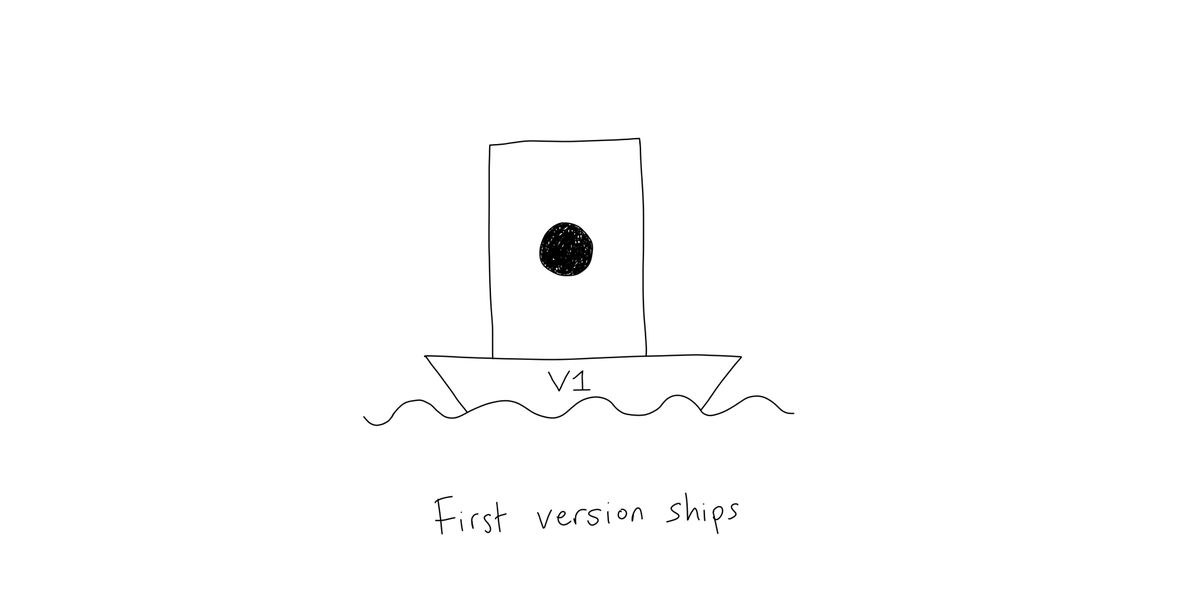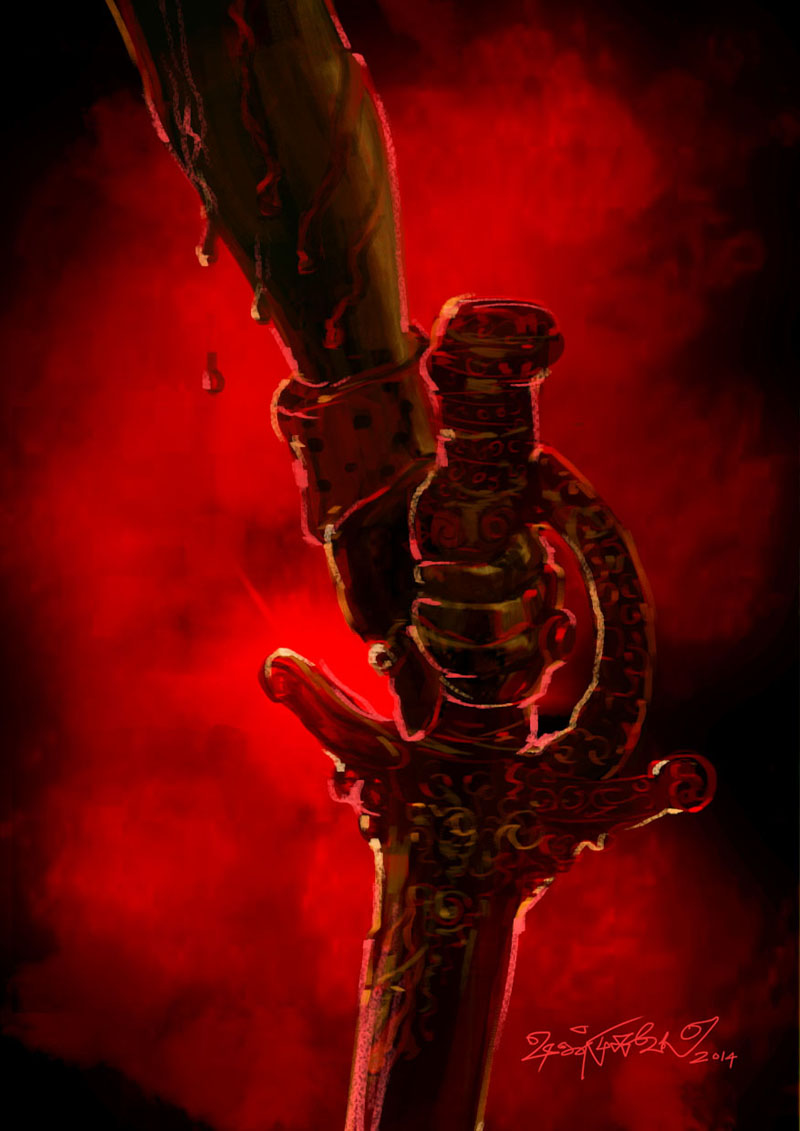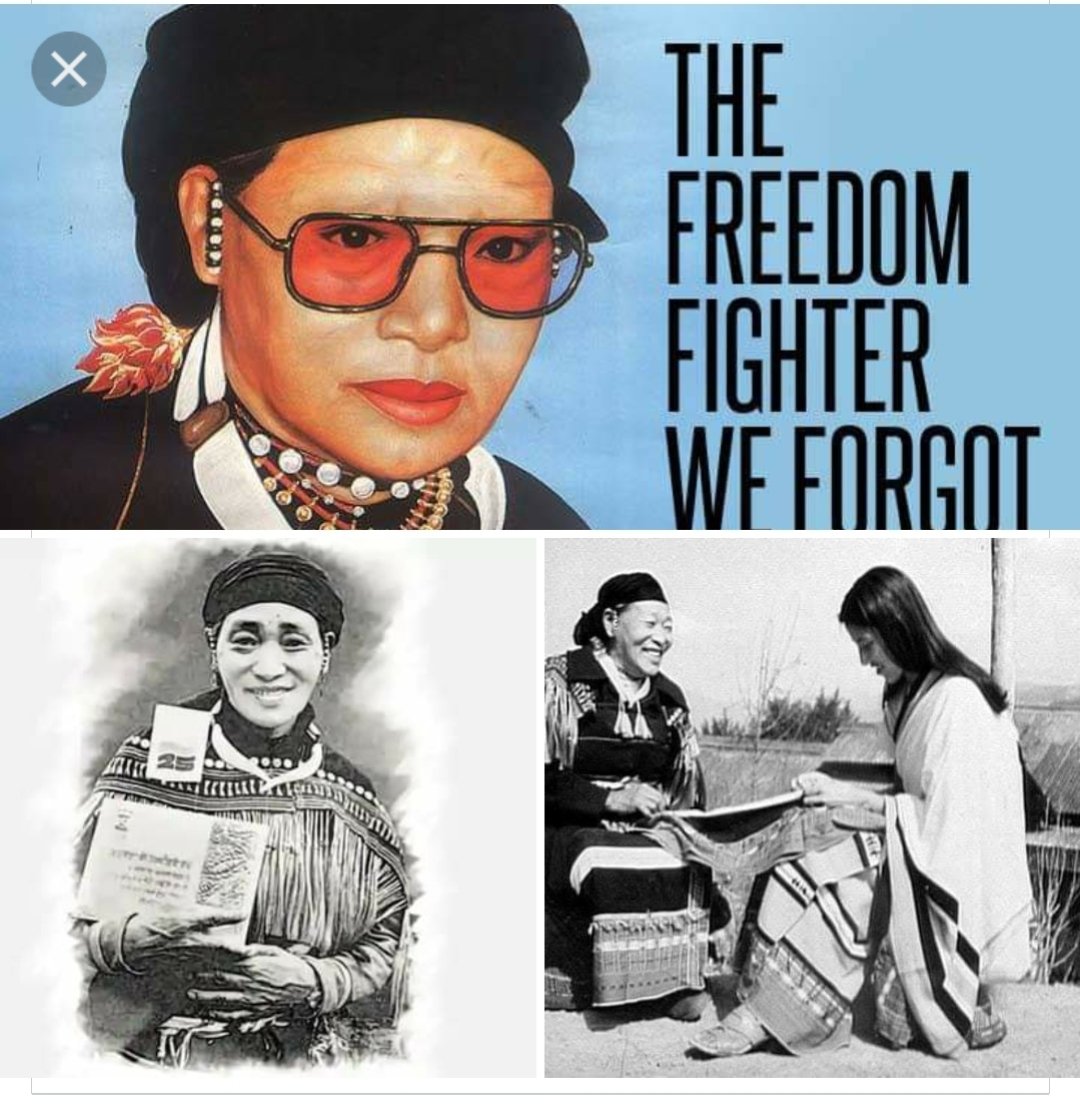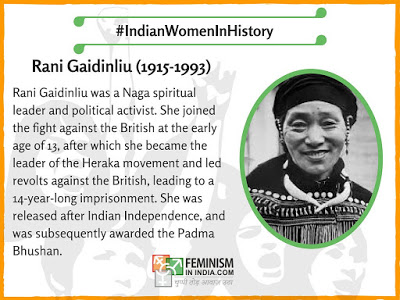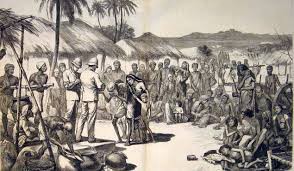More from Shreyas Doshi
Includes:
Solve THE problem
3 types of product leaders
Levels of product work
Getting work done
“I don’t know”
Good people, bad managers
Customer segmentation
LinkedIn Envy
On communication
Important definitions
Life-changing books
& much more..
👇🏾
A story that often plays out when we are not rigorous enough about the importance of the customer problem our product
A B2B Product Management Story: on discovering problems that customers actually care about
— Shreyas Doshi (@shreyas) March 28, 2021
Very visual story thread\U0001f447\U0001f3fe pic.twitter.com/SQKpmLtBGC
The 3 types / hats / modes of product
3 types of product leaders:
— Shreyas Doshi (@shreyas) March 26, 2021
1) The Operator
2) The Craftsperson
3) The Visionary
It is important for you as a startup founder or CEO, product manager, or a product leader to deeply understand these types, as you make decisions on whom to hire or whom to work for.
Thread\U0001f447\U0001f3fe
An extremely important observation about product
There are 3 levels to product work
— Shreyas Doshi (@shreyas) March 12, 2021
(1) The Execution level
(2) The Impact level
(3) The Optics level
When an individual & their team are fixated on different levels, often there is conflict.
E.g.
PM is fixated on (2), Team on (1)
PM on (3), Team on (2)
PM on (2), Team on (3)
A thread on getting work
How I like to plan my work:
— Shreyas Doshi (@shreyas) March 17, 2021
Limit meetings
\u21d2 Long scheduled work blocks
At end of the work day, plan next day
\u21d2 Easier to disconnect, be present
Fit the next day's tasks in calendar
\u21d2 Forces prioritizing
Plan next week on Friday evening
\u21d2 Go into weekend with a clear mind
(should also be useful for Eng, Design, Data Science, Mktg, Ops folks who want to get better at PM work or want to build more empathy for your PM friends ☺️)
(oh, and pls also share *your* favorite resources below)
👇🏾
1/
Product Management - Start Here by @cagan
(hard to go wrong if you start with Marty Cagan’s
2/
Tips for Breaking into PM by @sriramk
(I’ve recommended this thread in my DMs more often than any other thread, by a pretty wide
Breaking into PMing - a \U0001f9f5 // A question folks from eng/design/other functions often have how to become a PM in a tech co.
— Sriram Krishnan (@sriramk) April 14, 2020
It can seem non-obvious and differs with each company but here are some patterns I've seen work. All the below assumes you have no PMing on your resume.
3/
Top 100 Product Management Resources by @sachinrekhi
(well-categorized index so you can focus on whatever’s most useful right
4/
Brief interruption.
It’s important to understand your preferred learning style and go all in on that learning style (vs. struggling / procrastinating as you force a non-preferred learning
There is no One Correct Way\u2122 to learn
— Shreyas Doshi (@shreyas) August 15, 2020
Don\u2019t feel pressured to read 70 books/year just becos Super-Successful Person X does that
Videos, Podcasts, Audiobooks, Discussions\u2014all are fine
What to do:
Understand your preferred learning style
Don't resist it, embrace it
Commit to it
You May Also Like
As someone\u2019s who\u2019s read the book, this review strikes me as tremendously unfair. It mostly faults Adler for not writing the book the reviewer wishes he had! https://t.co/pqpt5Ziivj
— Teresa M. Bejan (@tmbejan) January 12, 2021
The meat of the criticism is that the history Adler gives is insufficiently critical. Adler describes a few figures who had a great influence on how the modern US university was formed. It's certainly critical: it focuses on the social Darwinism of these figures. 2/x
Other insinuations and suggestions in the review seem wildly off the mark, distorted, or inappropriate-- for example, that the book is clickbaity (it is scholarly) or conservative (hardly) or connected to the events at the Capitol (give me a break). 3/x
The core question: in what sense is classics inherently racist? Classics is old. On Adler's account, it begins in ancient Rome and is revived in the Renaissance. Slavery (Christiansen's primary concern) is also very old. Let's say classics is an education for slaveowners. 4/x
It's worth remembering that literacy itself is elite throughout most of this history. Literacy is, then, also the education of slaveowners. We can honor oral and musical traditions without denying that literacy is, generally, good. 5/x

